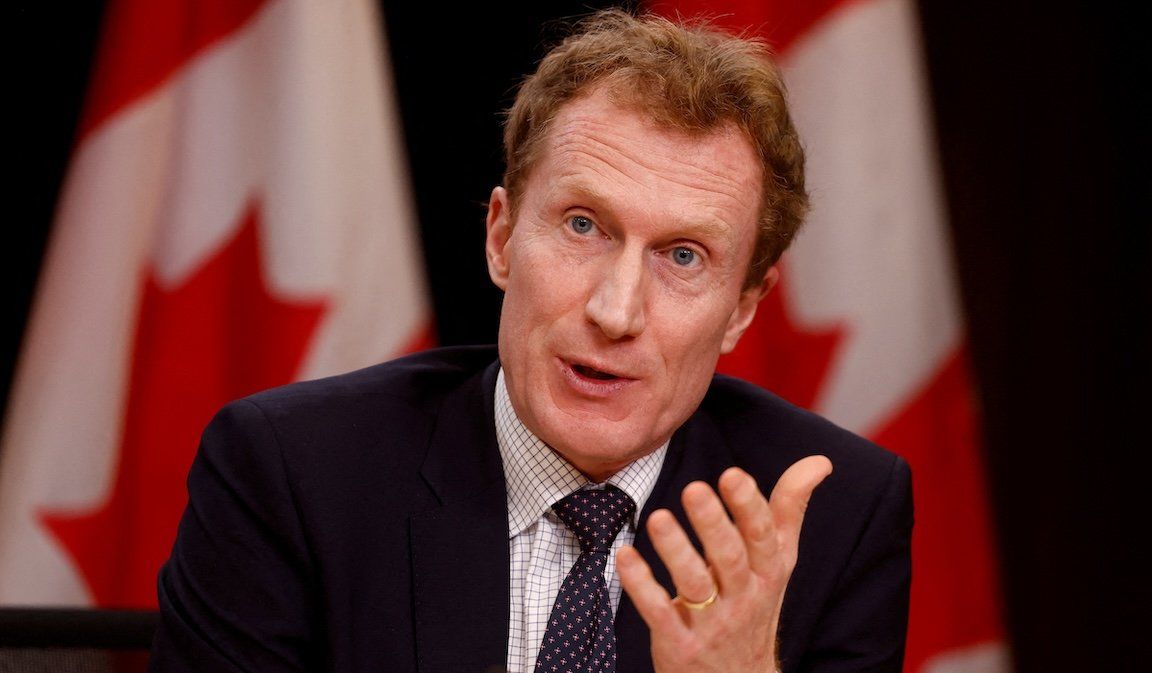Hard numbers: Ottawa pledges fresh immigration crackdown, Gold and ‘Black Gold’ deliver a surplus, US makes big power grid pledge, China cracks down on opioid precursors
5: Canada says it will clamp down further on temporary immigrants, part of its strategy to reduce their share of the population to 5% over the next three years, as frustrations grow about the pace of immigration. Last year, temporary workers made up 6.2% of the population. So far this year, the level has climbed to 6.8%. In recent years, the Liberal government of Justin Trudeau encouraged the arrival of more temporary workers to help employers fill pandemic-related vacancies. But the country’s broader housing affordability crisis has fueled concern about the pace of immigration. A recent Leger poll showed 60% of Canadians said there were “too many immigrants.”
461 million: Gold and “black gold” helped deliver some sparkling economic news for Canada this week. Defying analyst predictions, the country registered a trade surplus in June, exporting $461 million more worth of goods than it imported. It was the first time that had happened in four months. Analysts pointed in part to surging exports of gold as well as oil, which finally began flowing from the Trans-Mountain Pipeline after years of delays.
2.2 billion: The White House has earmarked 2.2 billion to strengthen the US power grid and speed up the green transition. The money, to be matched by nearly $10 billion in private financing, will flow to eight projects across 18 US states. A major focus is to create additional transmission capacity and regional connections so wind farms and other alternative energy sources can make a bigger contribution to power generation.
3: China has committed to tightening regulatory controls on three chemicals used to make fentanyl, the White House said earlier this week. This is the third such move that Beijing has made since the two countries resumed counter-narcotics cooperation last fall. Illicit fentanyl overdoses — known more broadly as “the opioid crisis” — have become a leading cause of death for American adults under the age of 45 in recent years. China is known to have subsidized the production and marketing of fentanyl precursors.